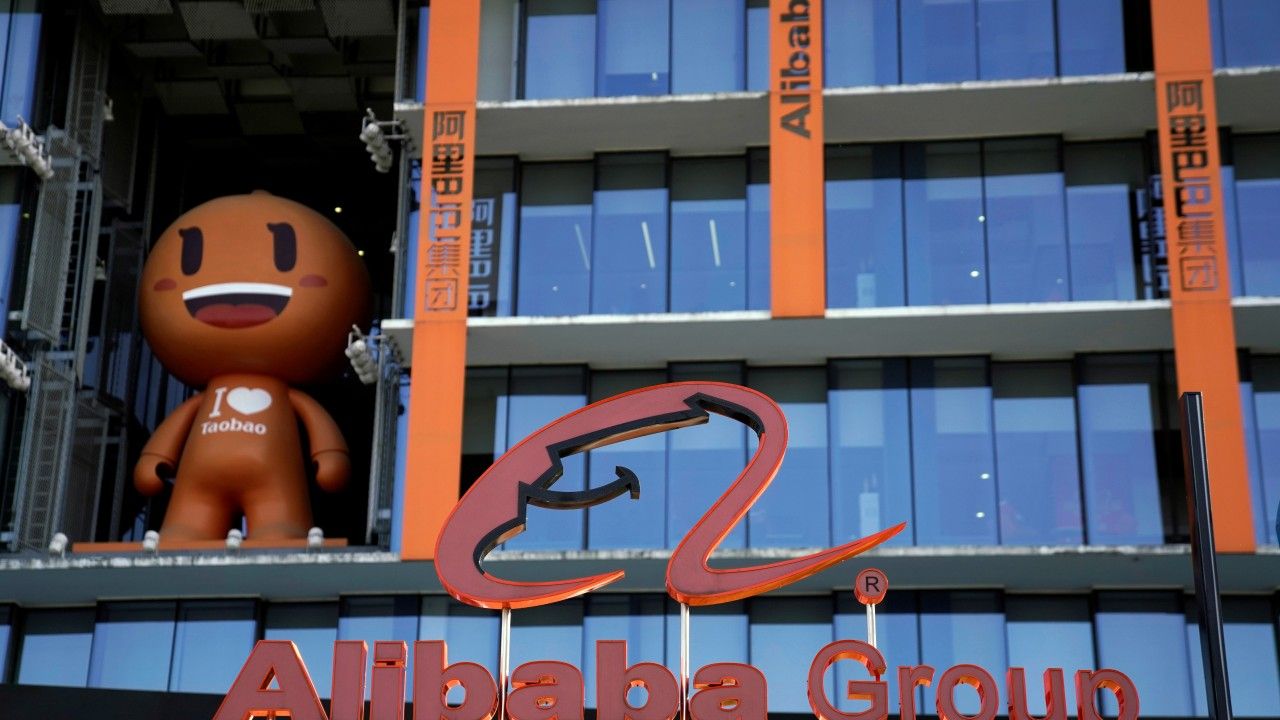Learn about brain health and nootropics to boost brain function
Alibaba’s tech brain trust sees new AI advances, industrial IoT among big trends in 2020

As the new year settles in, concerns remain about the protracted trade and tech war between the United States and China, the world’s two largest economies.
Still, that situation has not deterred the science and technology innovation brain trust of e-commerce giant Alibaba Group Holding from dusting off its crystal ball to predict the top tech trends for the first year of this new decade. New York-listed Alibaba is the parent company of the South China Morning Post .
The forecasts made by the Alibaba Damo Academy, which has facilities in seven cities across Asia, the Middle East and North America, mainly revolve around the rapid advances expected in the field of artificial intelligence (AI) and the industrial Internet of Things (IoT).
Whichever way the US-China conflict pans out, the next 12 months are likely to continue to be challenging for the global tech industry. Here are some of the highlights from the academy’s predicted trends for this year:
1. AI development will take a leap to so-called cognitive intelligence. Recent AI advances have seen machines surpass humans in the areas of speech-to-text and natural language processing as well as video analysis. The Alibaba Damo Academy predicts those feats in perceptual intelligence will be overtaken by the progress in cognitive intelligence.
Deloitte has defined cognitive intelligence as software programmed to augment human cognitive functions, which are mental processes that enable people to carry out any task. For enterprises, cognitive systems can be used to automate predictions and optimise operational processes.
“These make machines to understand and utilise knowledge,” the Damo Academy said.
It said that the next major advance in AI will tap into fields such as cognitive psychology and human social history, while combining techniques like causality inference and cross-domain knowledge graph.
2. In-memory computing to push forward next-generation AI systems. With the rapid development of data-driven AI algorithms in recent years, it has come to a point where the hardware becomes the bottleneck in the exploration of more advanced algorithms, according to the Damo Academy.
In-memory computing moves data, which has traditionally been stored in database software hosted on hard discs, into random access memory. That exponentially speeds data, according to Hewlett-Packard Enterprise, because RAM-stored data is available instantaneously, while data stored on discs is limited by network and disc speeds.
3. The industrial IoT will power digital transformation. When 5G mobile services are more widely available this year, manufacturing enterprises are expected to get smarter as the next-generation wireless technology helps them realise the IoT’s full potential.
IoT envisions a self-configuring, adaptive and complex network that interconnects physical objects, each containing embedded technology to communicate, gather data and interact with mobile applications or other networks.
Industrial IoT links together three key elements – intelligent machines, advanced analytics and people at work – whose data are gathered by connected IoT devices. The processed information would help companies pursue higher levels of efficiency, productivity and performance.
“Ultimately, it will significantly increase manufacturers’ productivity and profitability,” the Damo Academy said. “For manufacturers with production goods that value hundreds of trillion of yuan, if their productivity increases 5 to 10 per cent, it means additional trillions of yuan [in benefit].”
4. Modular design method will makes chips easier and faster to develop. The traditional method of chip design “cannot efficiently respond to the fast evolving, fragmented and customised needs of chip production”, the Damo Academy said.
It indicated that system-on-a-chip design based on the open-source architecture called RISC-V and other modular chip design methods have accelerated the rapid development of an ecosystem for open-source chips.
That followed Alibaba’s introduction of its first self-developed chip in July of last year. Produced by Alibaba chip subsidiary Pingtouge, the Xuantie 910 processor is based on RISC-V, as opposed to the more commercially used ARM architecture.
5. Large-scale, production-grade blockchain applications will gain mass adoption. Blockchain, the digital ledger technology behind bitcoin and other cryptocurrencies, has received plenty of attention in China after it was endorsed by Chinese President Xi Jinping at a study session for members of the Politburo in November. Xi called for China to become a world leader in this field.
The development of commercial blockchain-as-a-service offerings is expected to help reduce the barriers of entry for developing enterprise blockchain applications, according to the Damo Academy.
It predicted a variety of chips, designed specifically for blockchain and embedded with core algorithms, will emerge and be used in smartphones and various terminals as well as cloud computing operations.
Sign up now for our 50% early bird offer from SCMP Research: China AI Report. The all new SCMP China AI Report gives you exclusive first-hand insights and analysis into the latest industry developments, and actionable and objective intelligence about China AI that you should be equipped with.
More from South China Morning Post:
This article Alibaba’s tech brain trust sees new AI advances, industrial IoT among big trends in 2020 first appeared on South China Morning Post
For the latest news from the South China Morning Post download our mobile app . Copyright 2020.
Read more at ph.news.yahoo.com